The CPD Blog is intended to stimulate dialog among scholars and practitioners from around the world in the public diplomacy sphere. The opinions represented here are the authors' own and do not necessarily reflect CPD's views. For blogger guidelines, click here.
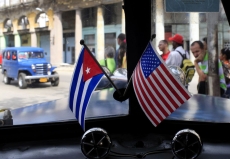
With the reopening of US-Cuban embassies, R.S. Zaharna looks at Cuban medical diplomacy

R.S. Zaharna offers insight gleaned from the Int'l Communication Assn.'s annual conference.
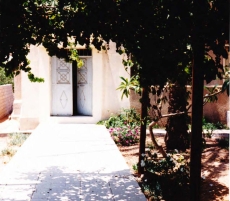
How one scholar's understanding of the shared destiny of Palestinians and Israelis led her to the field of public diplomacy.
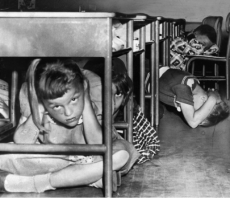
Strategically, the default to “propaganda” creates blind spots, its own reverse deception, and most importantly, a lost opportunity.
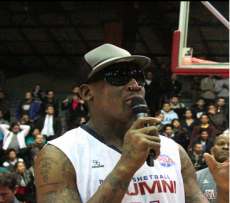
Sports diplomacy is often presented as a slam dunk approach for building relations across political divides. Last week veteran NBA star Dennis Rodman took a shot at “basketball diplomacy” in North Korea and showed how professed good intentions can go afoul. It also demonstrated the deft role of the media as the tables turned on the NBA players following a confrontational interview between Rodman and CNN New Day anchor Chris Cuomo. The NBA players not only lost control of the ball but became the ball on CNN’s court.
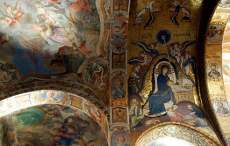
Congratulations are in order for CPD as Jay Wang took the helm this fall and began engaging with the public diplomacy community as the new CPD director. As often happens with such beginnings, the focus intuitively turns to the future. I would like to suggest a counter-intuitive move and challenge public diplomacy scholars around the world to explore the contributions of ancient heritages to the practice of public diplomacy.
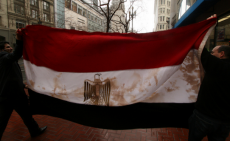
Watching the events unfold in Egypt over the past weeks has been akin to watching a slow moving train wreck as two powerful forces – the army and the Muslim Brotherhood – collide together. Both have strong wills, resources, and high stakes in the outcome.
What happens when the domestic public seemingly overtakes a country’s public diplomacy agenda?
Brazil looked like it had scored a double goal when it secured the bid to host the 2014 World Cup and 2016 Olympics. A massive promotional campaign to garner world attention was well underway. And then came the massive protests by the Brazilian public.
Pages
POPULAR ARTICLES
-
June 5
-
June 18
-
June 6
-
June 5
-
June 19
-
May 15
-
June 11
-
June 5
Featured Blogger
Join the Conversation
Interested in contributing to the CPD Blog? We welcome your posts. Read our guidelines and find out how you can submit blogs and photo essays >.








